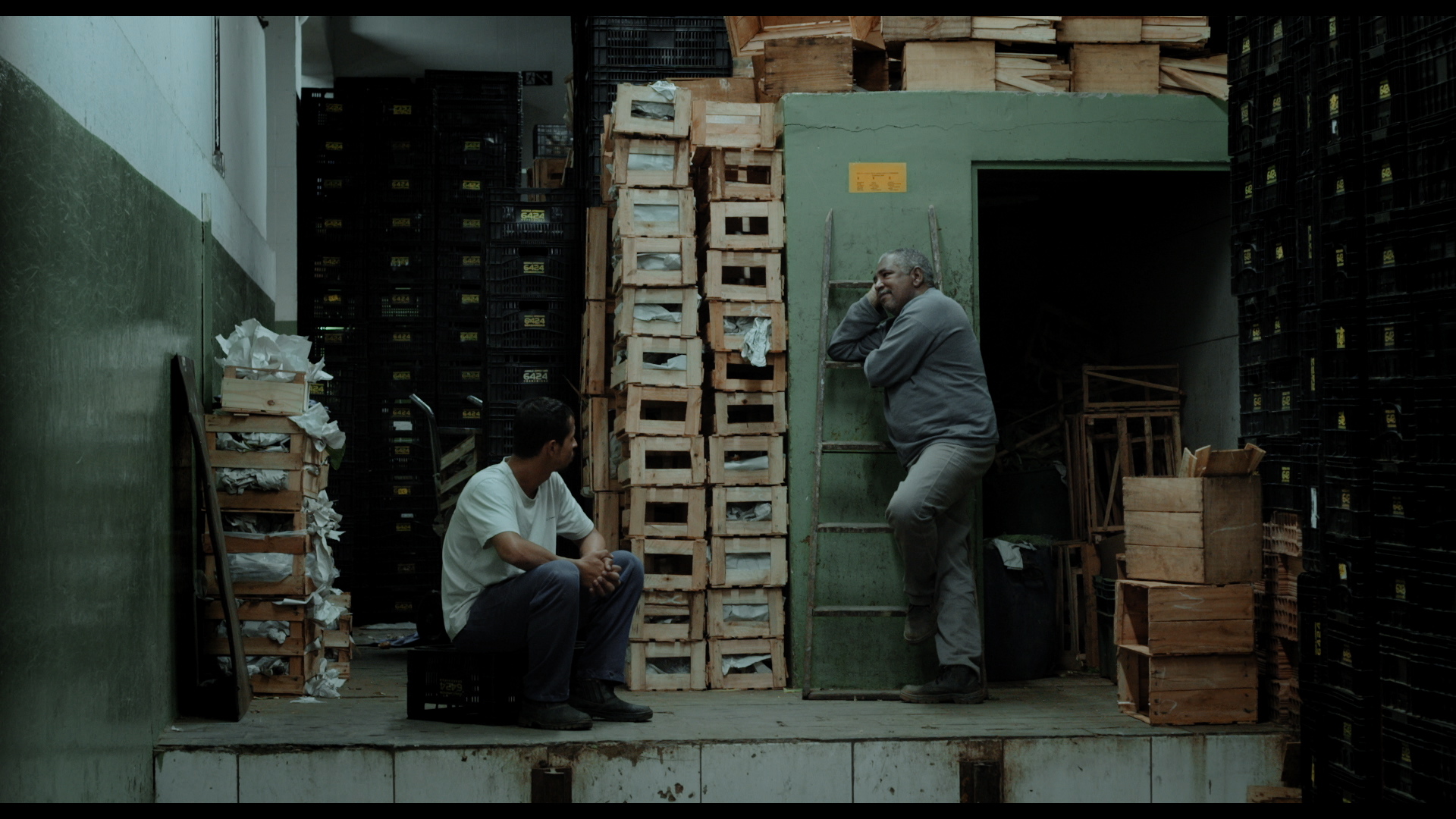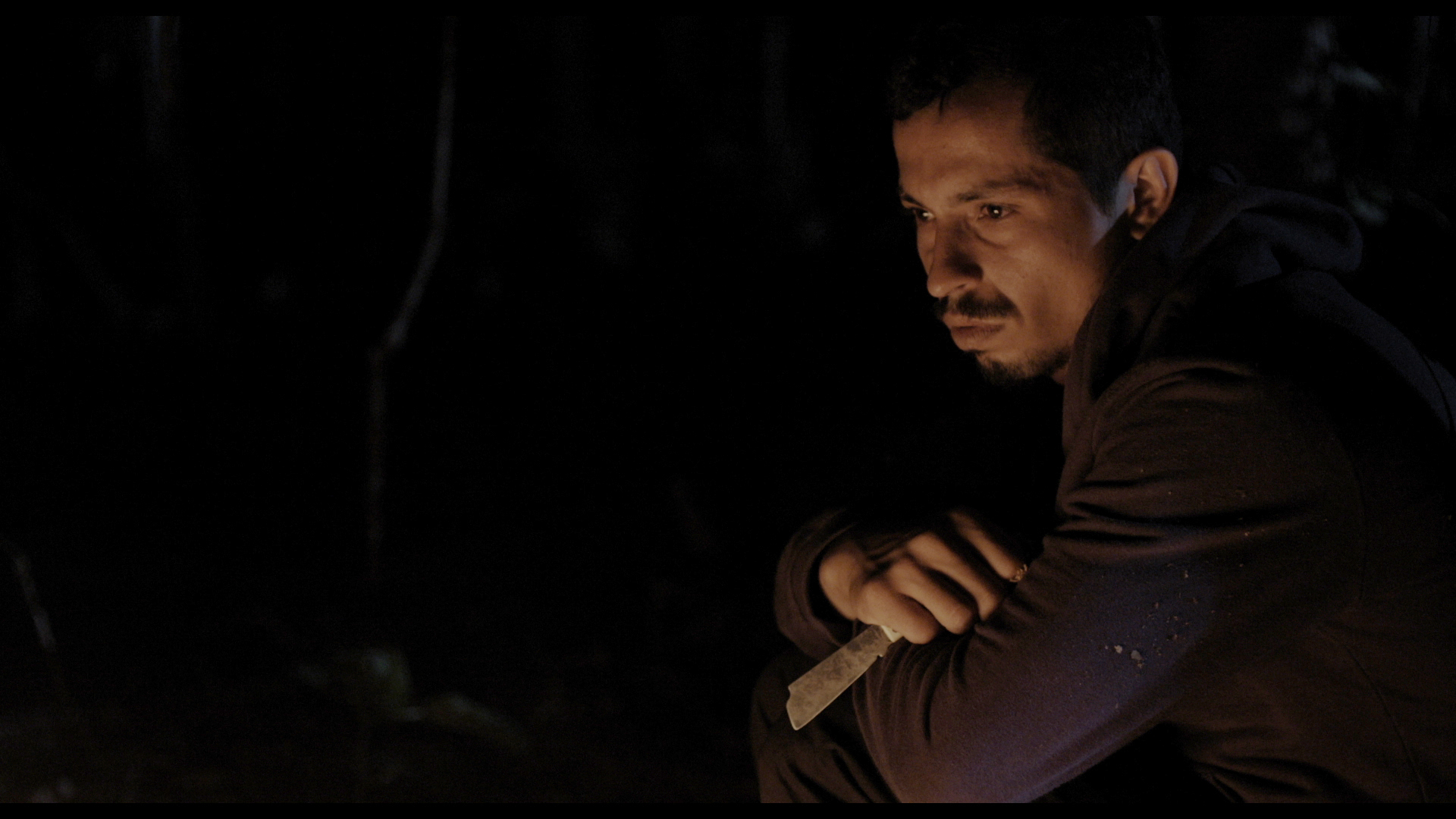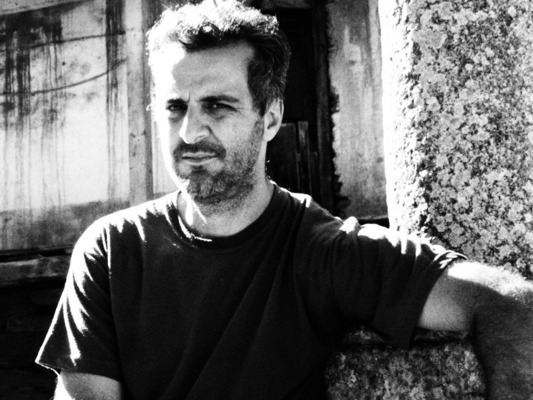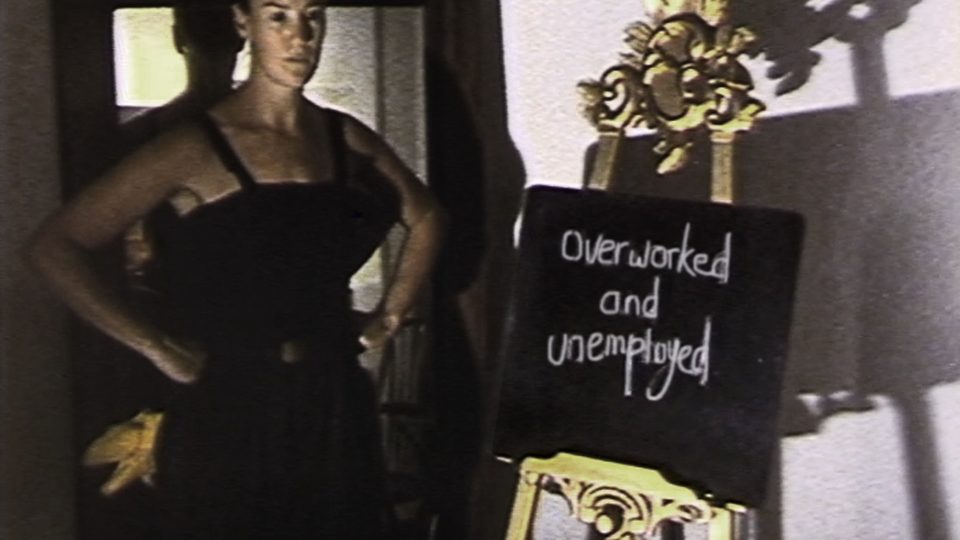
“Beautiful as the chance meeting on a dissecting-table of a sewing-machine and an umbrella.” – Comte de Lautréamont, via Affonso Uchoa
Interview with Affonso Uchoa, director of The Hidden Tiger, and Arábia (voted one of the best films of 2017, Sight & Sound Critics Poll). Having seen his films, and met Affonso, first at the New Directors New Films in New York and then in Belo Horizonte, Brazil, we spoke again, this time at Mostra de Cinema de Tiradentes, an important independent cinema festival in Brazil that has been fostering young, up-and-coming filmmakers for over 20 years, and where Affonso was presenting Arábia.
During the debates in Tiradentes you’ve spoken about Arábia, and of your own vision as filmmaker, in the context of wanting to promote an encounter that’s socially impossible outside of cinema.
Yes. It seems to me that, at times, we create this clear-cut division that makes it seem as though political cinema must take a predetermined form. We allow politics to dictate our aesthetics, which I find problematic, in the sense that we constrict what cinema can be.
The impossible encounters I speak of can take on various forms. On one hand, by bringing together in the same film, the same scene, persons from different social classes, who have very different life experiences—as was the case with The Hidden Tiger. It can also happen through music, joining together musical styles that seem to come from divergent, contradictory aesthetics, or not necessarily the kind of music you would expect (heavy metal, etc.) This also happens in Arábia, with music from different places for which we’ve found points of connection. Another way to set up this encounter is through the actors—in the same scene, a Brechtian actor immersed in the theater world acts alongside Juninho [nickname for Aristides de Sousa, who plays Cristiano]. For example, in the scene with the tangerines, in which the two speak of the worst places where they’ve slept. Yet another actor, Carlos Francisco, does a scene with Juninho, speaking about the worst things they’ve had to unload (bags of cements, of rice, etc.) In that sense, we search for a new place that belongs neither to one or to the other actor, and instead is an imaginary, cinematic place.
This third, other place—for me, that’s poetry. The experience of poetic form.
For Juninho, there’s been a process of learning how to be more static in scenes, how to react differently with his body. You can notice the changes in his body as you watch the film. But his discomfort as a person, as an actor, has a lot to do with the various discomforts of the character he’s portraying. The fact that he resists adapting to certain situations also has a lot do with who he is, on and off the screen.

I’m impressed with how Juninho has assumed the role of presenting to the public the films you’ve made together. For example, at the Festival Semana de Cinema in Rio de Janeiro.
Juninho is generally a super vivacious person, his body is very explosive, very emotive, though there’s no denying that someone who’s lived through as many experiences as he’s lived through also has a bit of Cristiano (the character in Arábia) in him.
As far as his representing the films, to this day, Juninho responds to viewers’ comments to our first film, The Hidden Tiger, on Filmow. He’s responded to many people who commented on the film after seeing it in Brazil on television, or at school, or because it ended up on various pirate sites. There have also been numerous sessions that I have not been able to attend, and at which Juninho in fact represented the film. He has shown it, for example, in a high-security facility for young boys, in which many had committed crimes, such as murder. Juninho told me of one young man who cried speaking of his mother during the scene in which the mother in the film prays for her son. It is quite something for Juninho, who’s been to prison, to have direct contact and share experiences with boys who are 17 or 18 years old, all via cinema.

